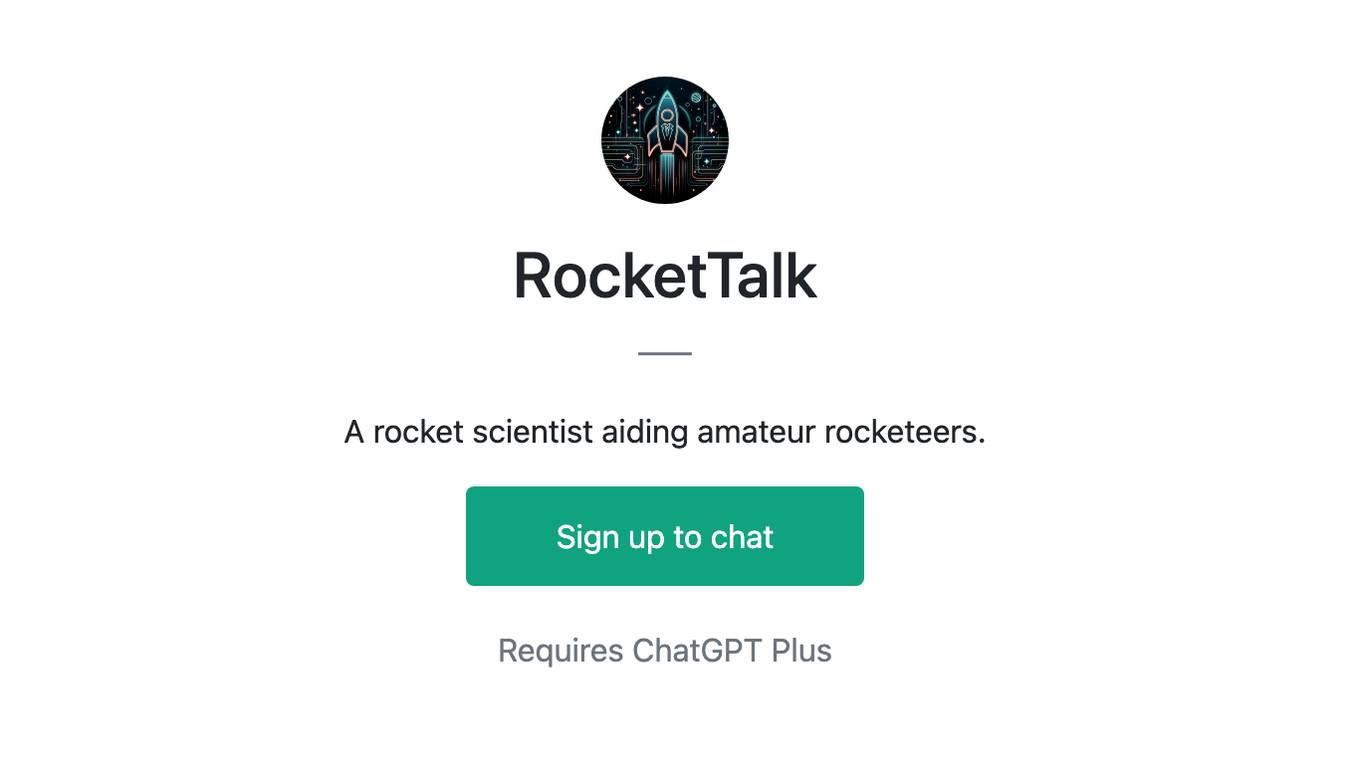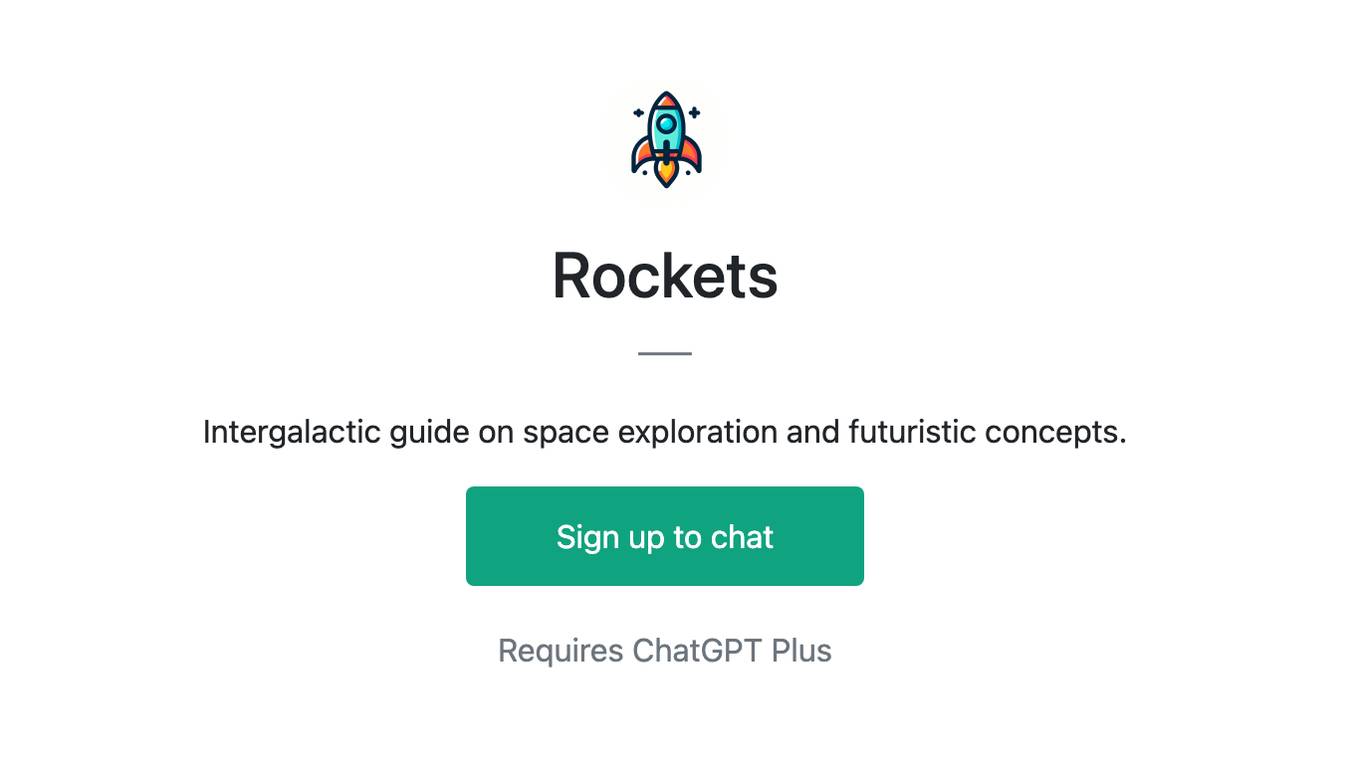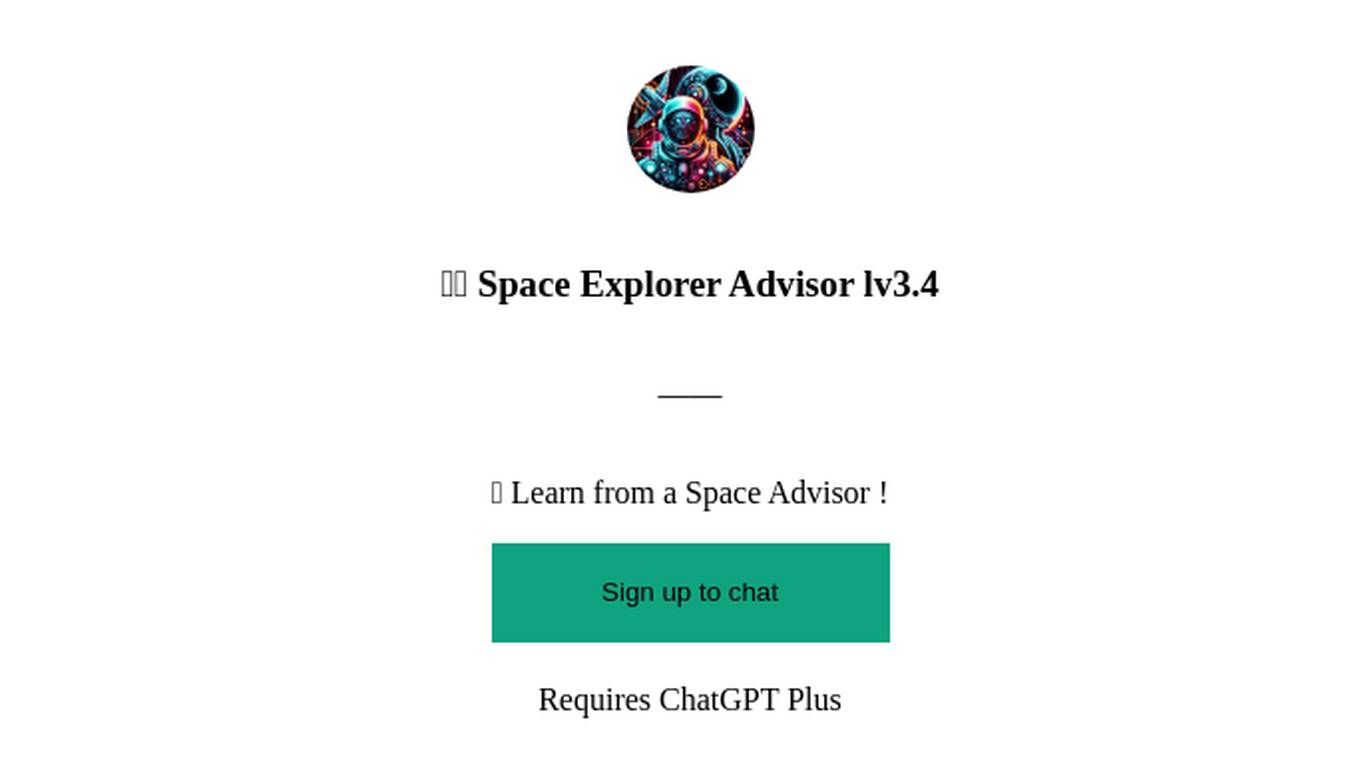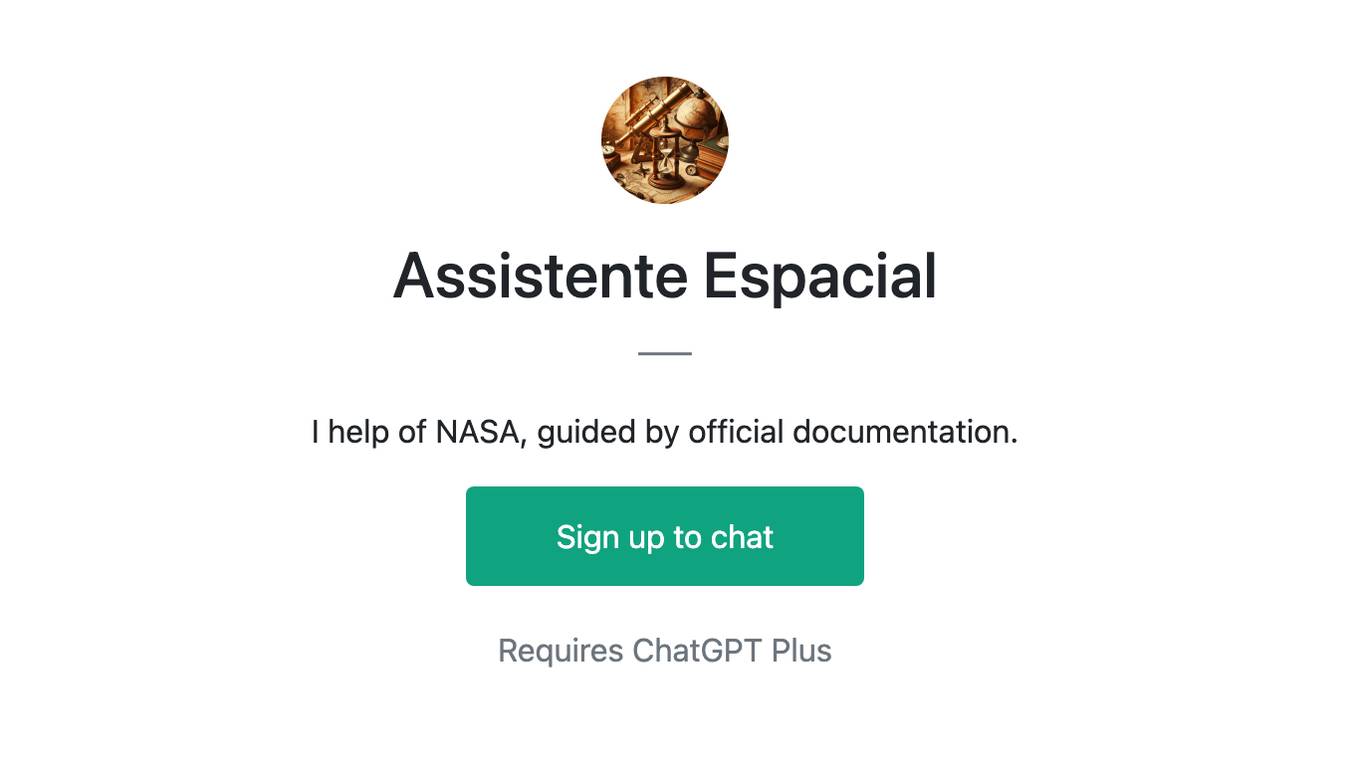Best AI tools for< Rocket Scientist >
Infographic
7 - AI tool Sites

Rocket Statement
Rocket Statement is a leading bank statement conversion tool that helps users convert their PDF bank statements into Excel, CSV, or JSON formats quickly, securely, and easily. It supports over 100 major banks worldwide and can handle multilingual statements. The tool is trusted by professionals worldwide and offers a range of features, including bulk processing, clean data formatting, multiple export options, and an AI Copilot for smooth and flawless conversions.

B2B Rocket's AI Agents
B2B Rocket's AI Agents is an AI tool designed to automate B2B cold email marketing and lead generation processes. The application offers a suite of features to access leads, enrich data, validate emails, and engage with prospects across multiple channels. With advanced AI capabilities, the tool aims to streamline sales processes, increase efficiency, and boost revenue generation for businesses. B2B Rocket's AI Agents empowers users to reach ideal customers on autopilot, personalize interactions, and optimize lead engagement through intelligent automation and personalized communication.
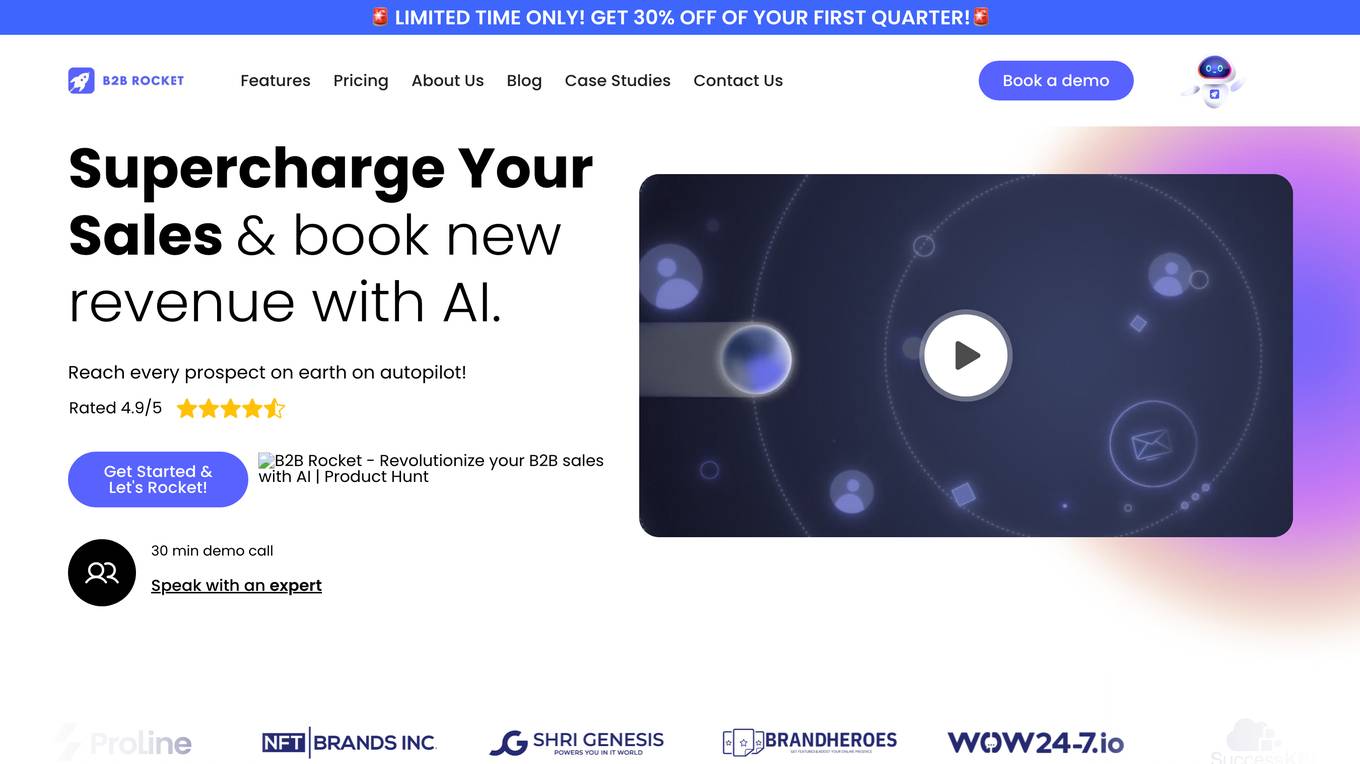
B2B Rocket
B2B Rocket offers AI Agents, including an SDR AI Agent, to automate B2B cold email marketing. The platform provides tools for lead search, data enrichment, email validation, data cleanup, intent data analysis, unified inbox management, email warm-up, email sending, AI auto-reply, spam detection, meeting scheduling, and unified calendar. B2B Rocket aims to supercharge sales processes by converting leads to clients using AI technology and a suite of sales tools. The platform emphasizes reaching ideal customers on autopilot, smart personalization, and increasing revenue. Users can customize their AI agents, launch them into action to identify and engage prospects, and conduct chat sessions and set up meetings autonomously.

Aion
Aion is an AI-powered virtual assistant designed to support CEOs in managing their daily tasks efficiently. The application leverages advanced AI algorithms to provide personalized assistance to CEOs, helping them streamline their workflow and stay organized. Aion offers a range of features such as scheduling meetings, managing emails, setting reminders, generating reports, and conducting research. With its intuitive interface and smart capabilities, Aion aims to enhance productivity and decision-making for busy executives.
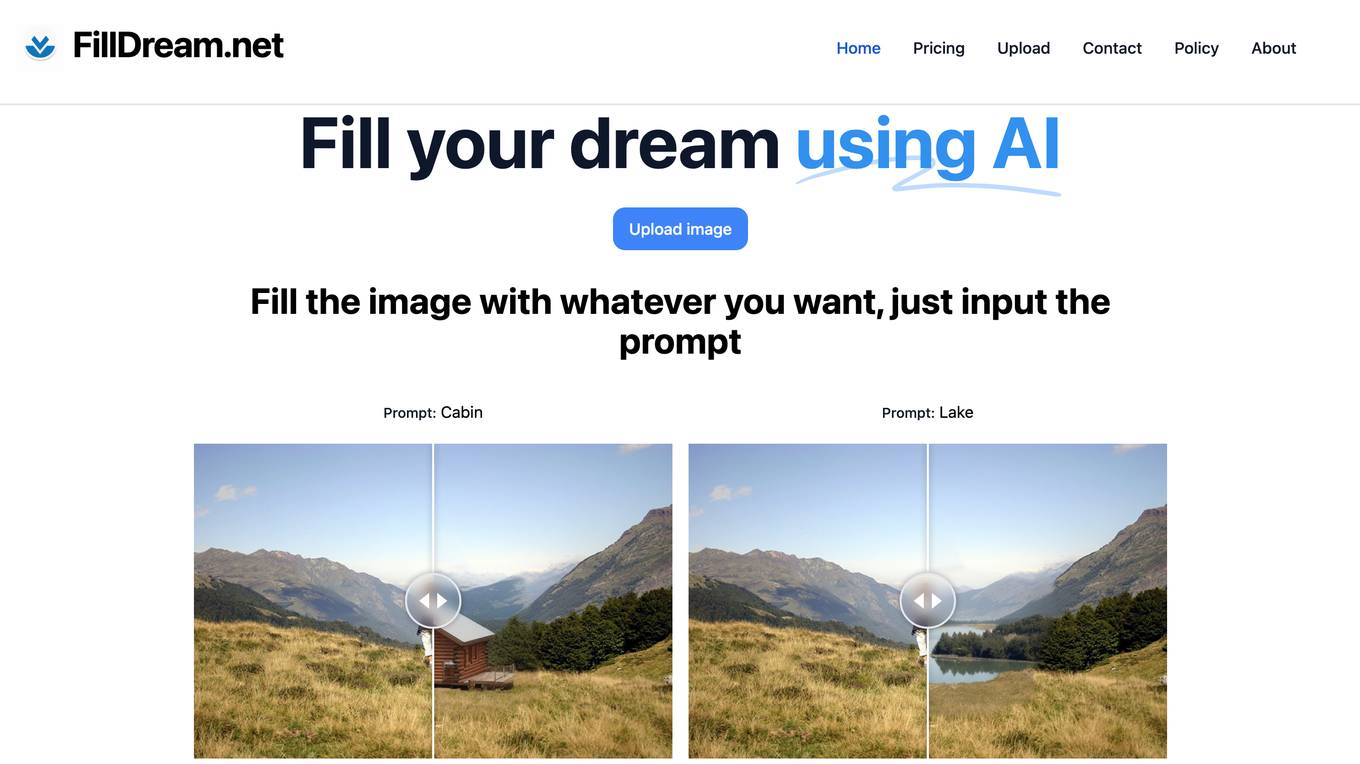
FillDream
FillDream.net is an AI tool designed to help users fill their dreams by generating images based on input prompts. Users can upload an image and input prompts such as 'Cabin', 'Lake', 'Rocket', or 'Tree' to create customized images. The website offers a simple and intuitive interface for users to interact with the AI technology and bring their creative ideas to life.
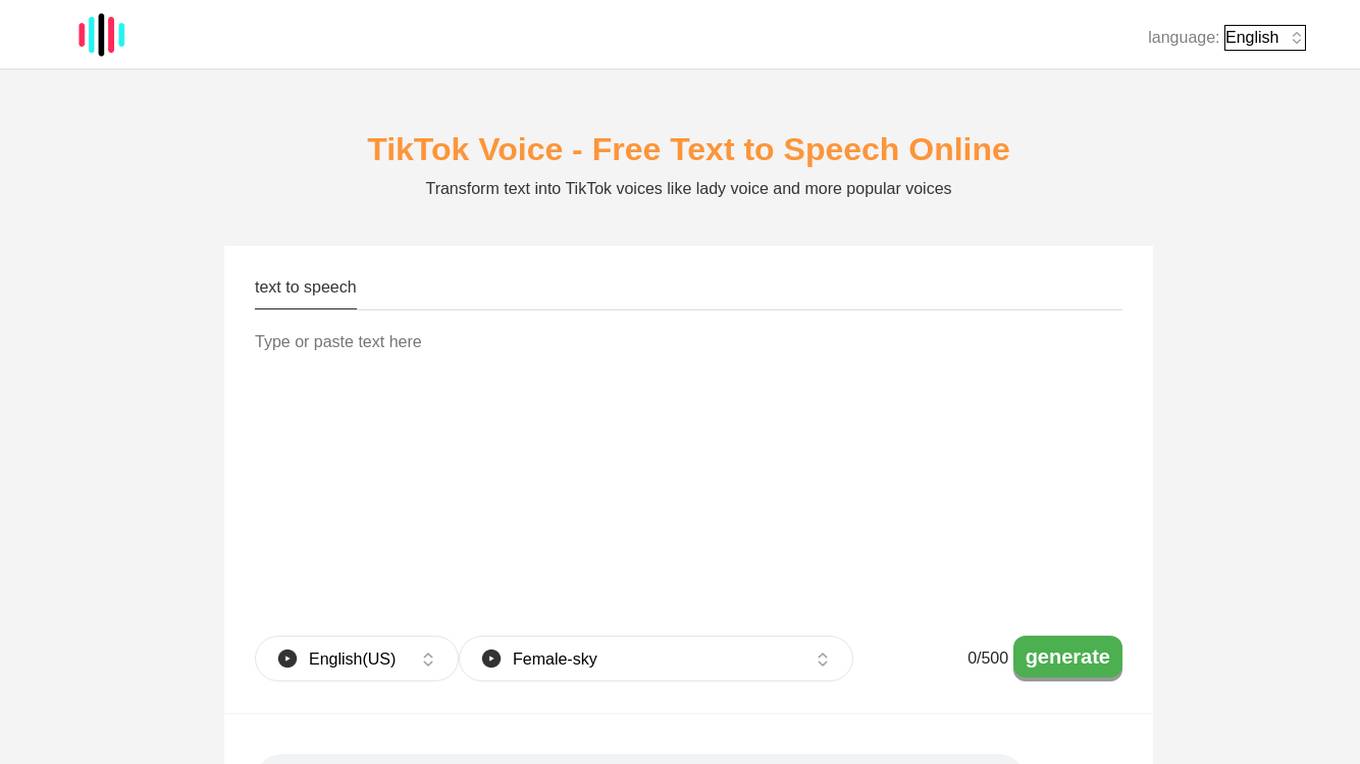
TikTok Voice
TikTok Voice is a free online AI text-to-speech tool that transforms text into various TikTok voices like the popular lady voice, Siri, Rocket, and Ghostface. Users can generate voices for video editing, text reading, and e-books. The tool offers a convenient way for video editing on PC and provides voices not available in the TikTok app. Users can easily choose the language and voice accent, type the text, generate the voice, and download it. For specific voice requests, users can email [email protected].
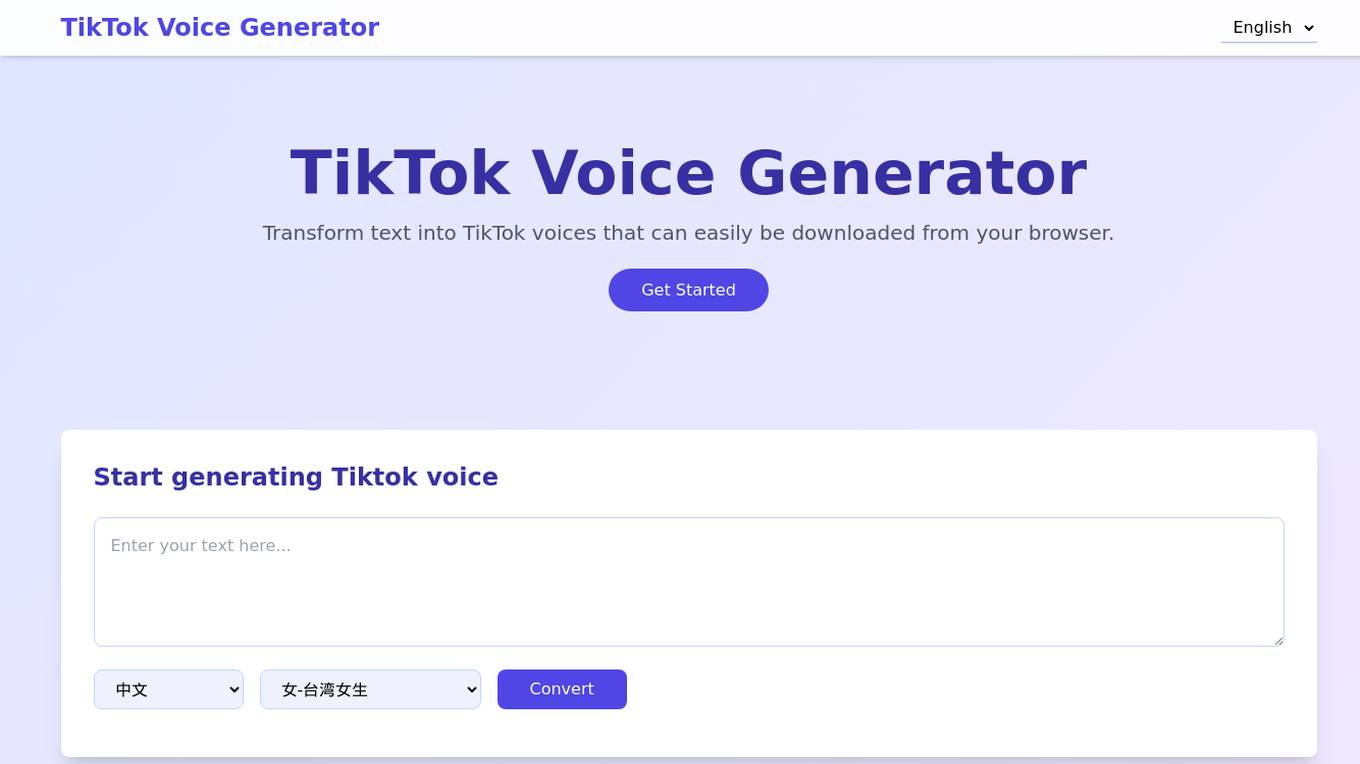
TikTok Voice Generator
The TikTok Voice Generator is a free text-to-speech tool that allows users to transform text into various TikTok voices, such as popular lady voice, rocket, Ghostface (scream), and many more. It supports multiple languages and voice styles, giving users the option to download the generated voice for various purposes like reading text aloud, creating content, or editing. The tool offers a user-friendly interface and a wide range of voice options to cater to different preferences and needs.
0 - Open Source Tools
7 - OpenAI Gpts
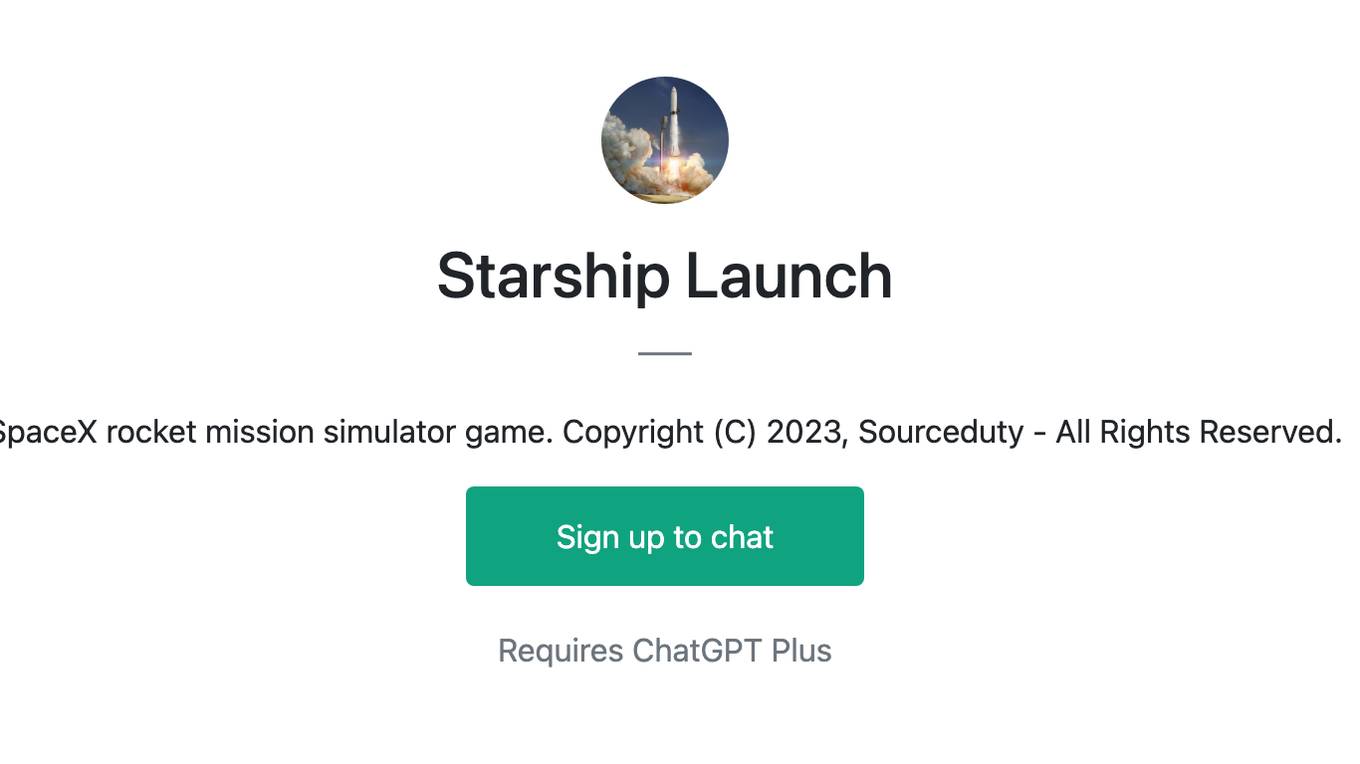
Starship Launch
SpaceX rocket mission simulator game. Copyright (C) 2023, Sourceduty - All Rights Reserved.
